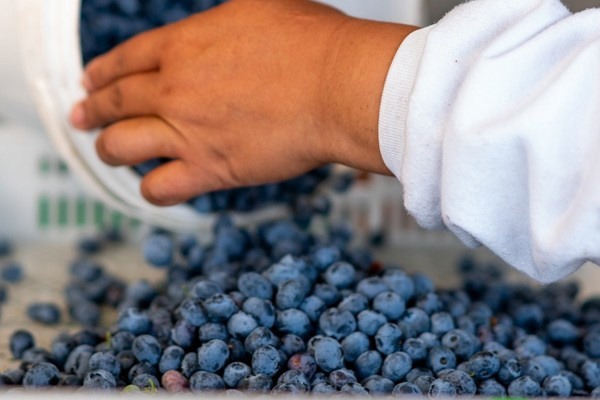The Mexican blueberry season will be winding down over the next four to six weeks. "Some growers have already started to prune on varieties whose peaks have passed and pruning will take place from now until mid-June," says Gerardo López of Produce Lovers, adding that this has been a season with very healthy demand for less Mexican fruit.

This comes following a season with good blueberry growing conditions. The weather was good without winter frosts and spring is also cooler. That helps manage fruit growth so that the berries don't mature as fast and ultimately, produce fruit that has better sizing and quality.
While there is production year-round in Mexico, exports generally finish by the end of June or even mid-June if markets allow. Blueberry exports from Mexico then resume in early September.
U.S. blueberry season starts
Looking ahead, U.S. domestic blueberry production is underway in Georgia. "If Georgia growers and those who market the fruit for Georgia do the right job, we could have healthy demand promoting blueberries. Georgia has had a slow start though," says López.
As for pricing, the market generally softens at the end of April though this season, it's happening at the beginning of May. "I think market pricing is going to go down starting next week as Georgia supply peaks," he says.

Meanwhile, growers in Mexico are preparing already for the next blueberry season. "We are shifting to premium varieties–Madeiras, Azras, and Pop and leaving behind some other varieties that are good but demand has shifted to these varieties," says López.
 For more information:
For more information:
Gerardo López
Produce Lovers
Tel: +1 (305) 407 3891
[email protected]
https://www.producelovers.com/
